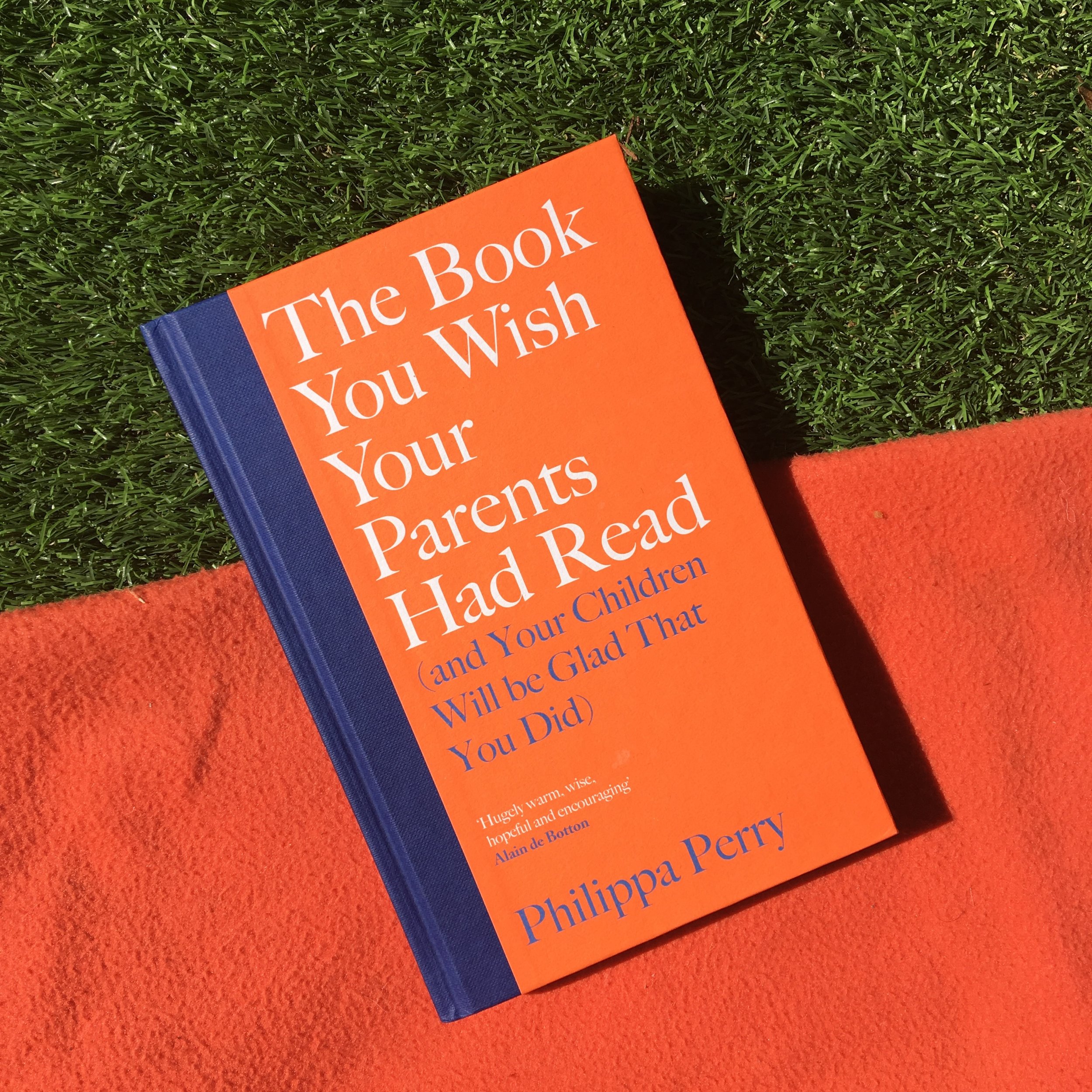Book review: The Book You Wish Your Parents had Read... by Philippa Perry
Abigail Youngman reviews the parenting advice book everyone’s been talking about.
If you had a childhood this book is really worth reading. If you're a parent, even more so. Philippa Perry's engaging, compassionate work on parenting is like a long chat with a very kind, insightful friend; someone with whom you could have a laugh (and a cry) as well as confessing your worst fears.
Parenting Advice
Though it’s a slim-ish volume, it's not a fast read. Each page contains pearls of wisdom (I underlined a lot and often found myself pausing to put the book down and think about what I’d just read). Carefully researched and very thoughtfully put together, it’s the distillation of Perry’s years of experience as a psychotherapist, agony aunt and parent, backed up by extensive research into psychology (it includes a bibliography). As if that weren't enough, with characteristic generosity, Perry includes six pages of acknowledgements of all those who helped her.
child centred parenting
Perry takes a child-centred approach, but her starting point is that we were all once children, and you will bring to parenthood what you experienced as you grew up. Therefore she feels it’s as important to understand your feelings about your childhood, as it is to think about how you treat your own children. She is also refreshingly honest that it’s not all hugs and learning; there will be unhappy times, mistakes, ruptures, and even lies, and everyone is different, but she strongly believes that repairs are always possible, even when children are grown up.
Finding balance in parenting
Her explanations of the dynamics of parent-child relationships from pregnancy to adulthood are great; well informed, clear and extremely thought-provoking. The exercises she suggests are helpful too. For example, the exercise ‘Unpack an argument’ gives a step-by-step way to take the heat out of a row; especially useful for parents of teenagers, but also for any difficult, confrontational conversation. Another exercise, ‘The hidden parts of parenting’ suggests a balanced way of thinking about your parenting without comparing yourself to others.
COMPETING NEEDS
Perry also offers case studies. These are fascinating, and illustrate her explanations well, but seem to have been drawn from quite a limited, middle-class demographic (realistically, this is probably the demographic at which this book is aimed). It assumes a standard of living perhaps not available to everyone – for example that parents will be free to spend significant amounts of time with children. One idea which runs through the book, that we should give children as much individual attention as they need, seems like very sound advice, but in practice could be difficult for parents with more than one child, and often competing needs.
In the end, maybe Perry is better at explaining why we are the way we are, than she is at the practicalities of parenting. What is certain is that reading this book is a great way to give your parenting style an MOT and perhaps even to forgive yourself for the stuff you feel you're getting wrong. And through doing so, feel less guilty and enjoy your children (even) more.

